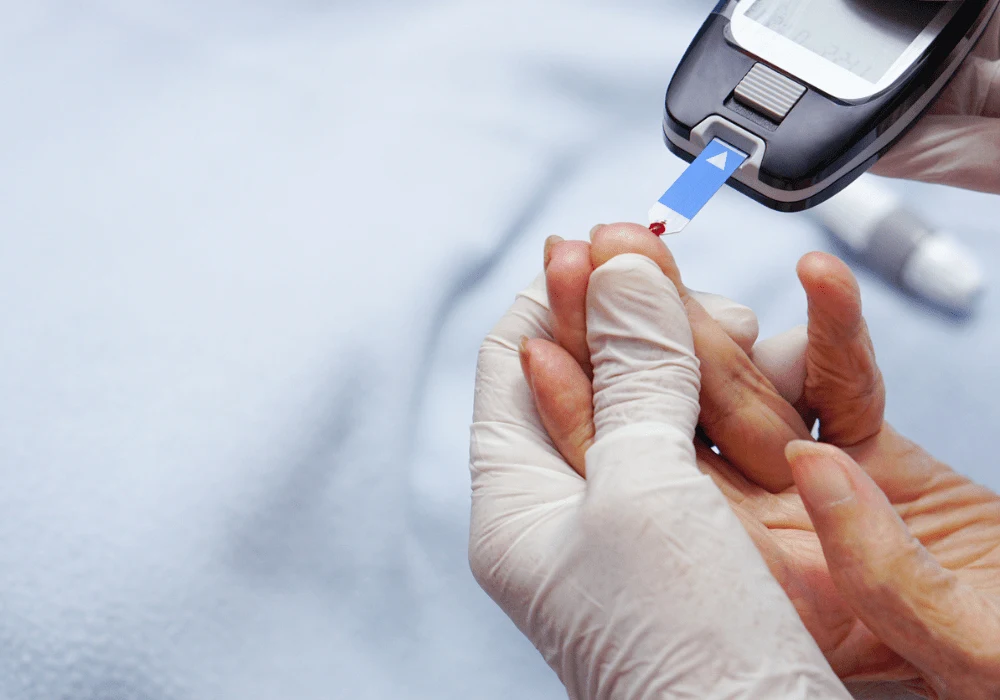According to a new study led by researchers from Weill Cornell Medicine, NewYork-Presbyterian, Yale School of Medicine, and other institutions, tirzepatide, an injectable weight-loss drug marketed as Zepbound, has been shown to reduce the risk of developing type 2 diabetes in patients with obesity and prediabetes by over 90% compared to placebo over a three-year period. The findings are published in the New England Journal of Medicine.
The study is an extension of the 72-week SURMOUNT-1 trial sponsored by Eli Lilly, which initially supported the FDA approval of tirzepatide for diabetes and later for obesity. After 176 weeks of treatment, only 1.3% of participants with obesity and prediabetes who took tirzepatide in one of three doses progressed to type 2 diabetes, compared to 13.3% in the placebo group.
These findings demonstrate that type 2 diabetes can potentially be prevented—even in individuals at high risk—using a medication that promotes weight loss.
Tirzepatide belongs to a new class of drugs that mimic nutrient-stimulated hormones, helping patients lose significant weight and improve blood sugar control. The drug activates two key receptors in the body: glucagon-like peptide-1 (GLP-1) and glucose-dependent insulinotropic peptide (GIP). This dual action enhances weight loss and minimises side effects compared to older GLP-1-only drugs. Tirzepatide promotes satiety and boosts insulin secretion, which helps lower blood glucose levels.
The original SURMOUNT-1 trial found that patients with obesity who took tirzepatide for 72 weeks lost an average of 15% to 22.5% of their initial body weight, depending on the dose, and experienced significant reductions in their glycated haemoglobin (A1c) levels, a key indicator of blood sugar control. The follow-up study focused on 1,032 participants with obesity and prediabetes, a condition where A1c levels are elevated but not yet in the diabetes range.
After 176 weeks, only ten patients treated with tirzepatide developed type 2 diabetes, representing a 93% reduction in risk compared to the placebo group. Additionally, more than 90% of patients on tirzepatide achieved normal A1c levels, compared to 59% in the placebo group.
The study identified no new safety concerns. Common gastrointestinal side effects, such as nausea and vomiting, diminished over time, indicating that long-term use of tirzepatide is generally well-tolerated. However, a follow-up analysis conducted 17 weeks after discontinuing the drug revealed modest increases in weight and A1c levels, with some patients returning to prediabetes or diabetes, underscoring the potential need for ongoing treatment.
Medications like tirzepatide could revolutionise the prevention of diabetes and its complications, including heart disease, liver and kidney disease, sleep apnoea, arthritis, and more. These results suggest tirzepatide could one day become the first approved treatment for prediabetes, further advancing the fight against metabolic disease.
Source: Weill Cornell Medicine
Image Credit: iStock







